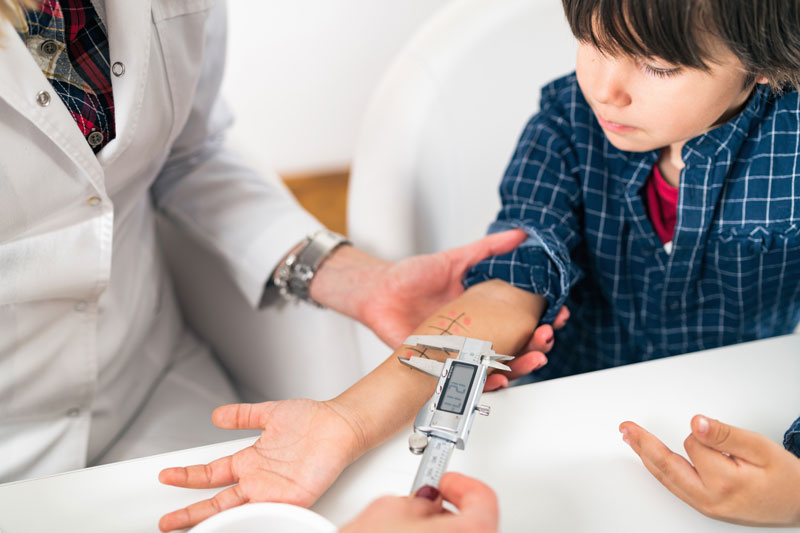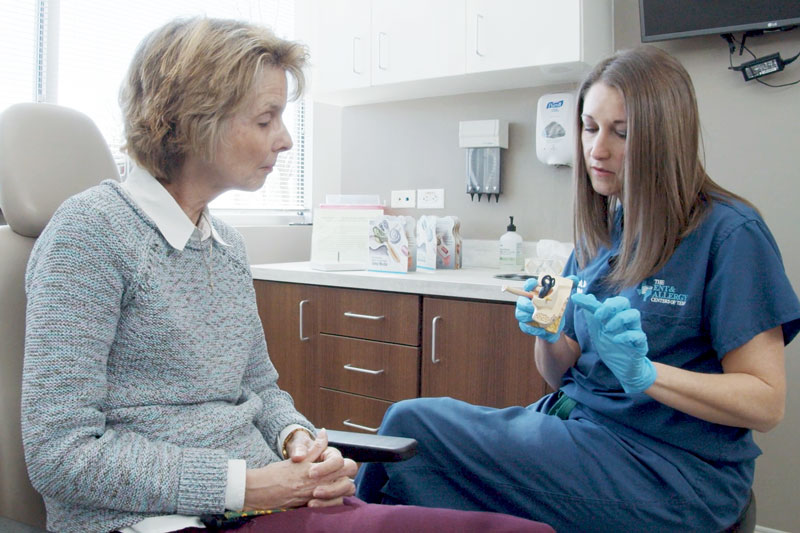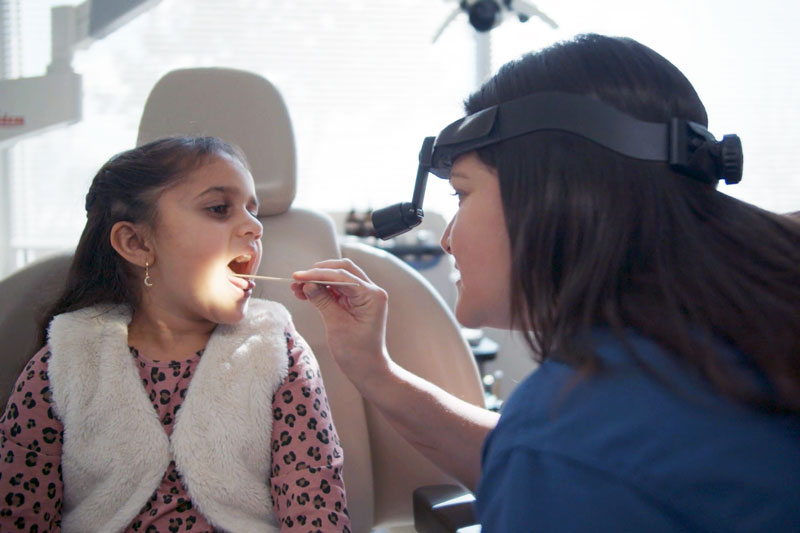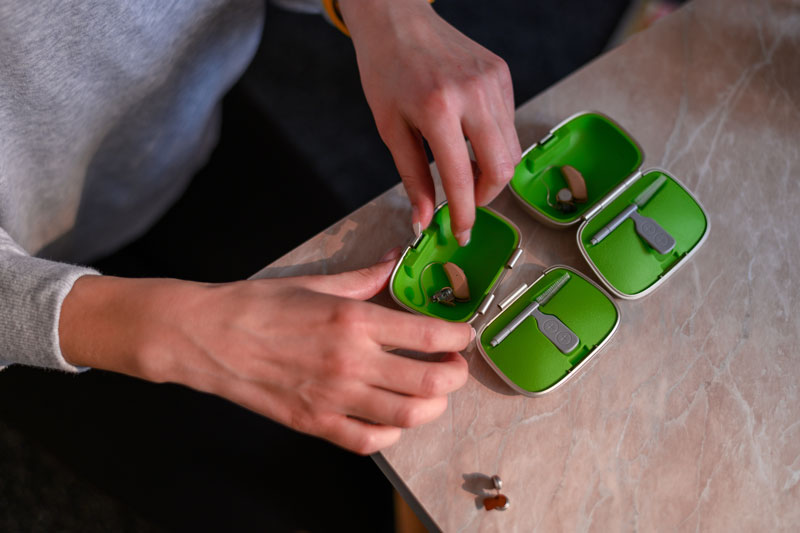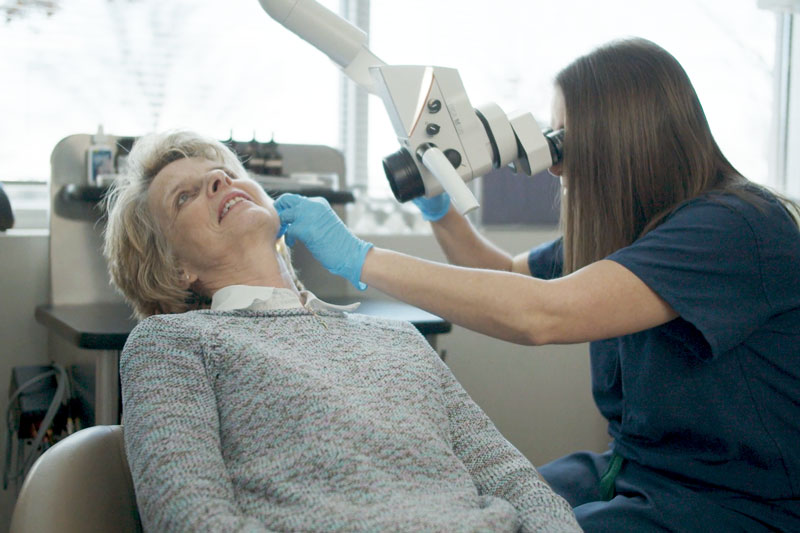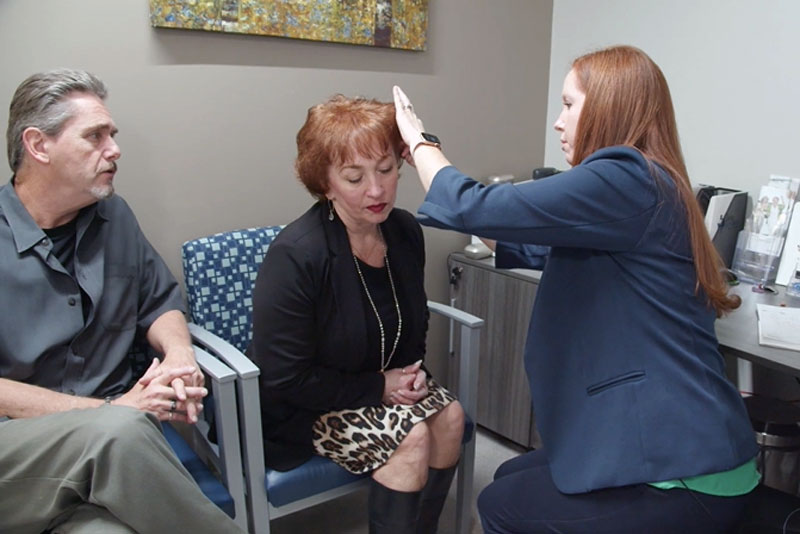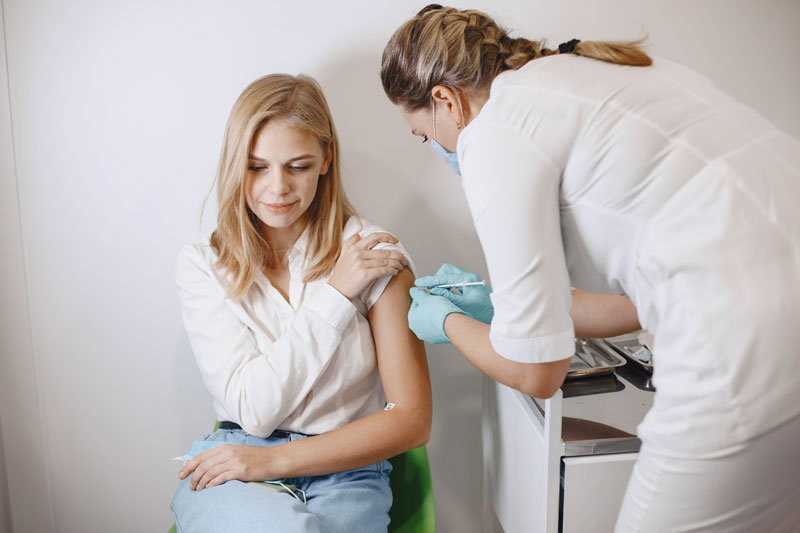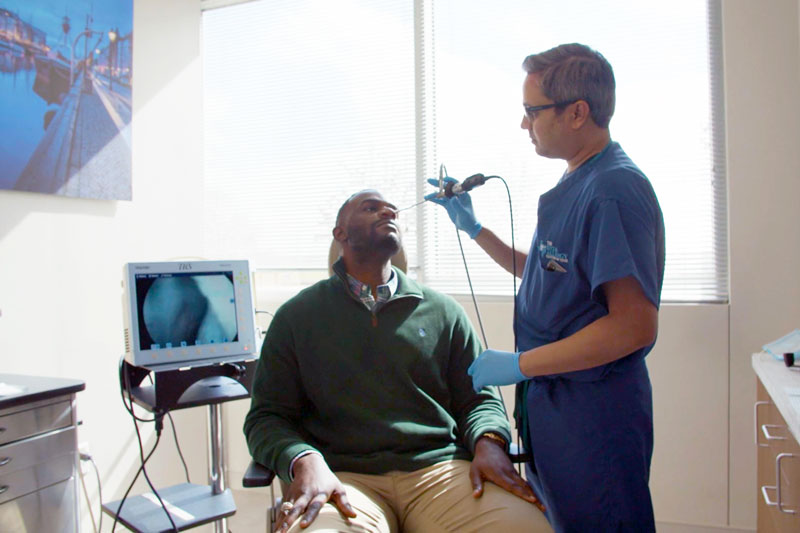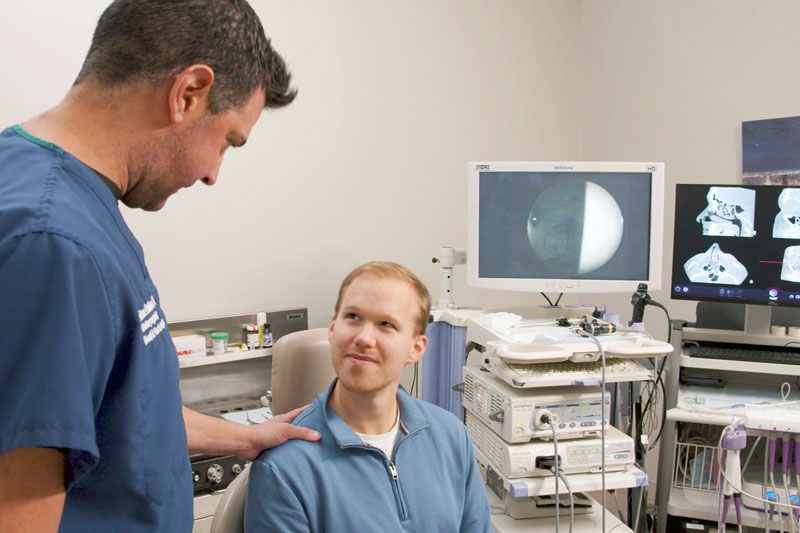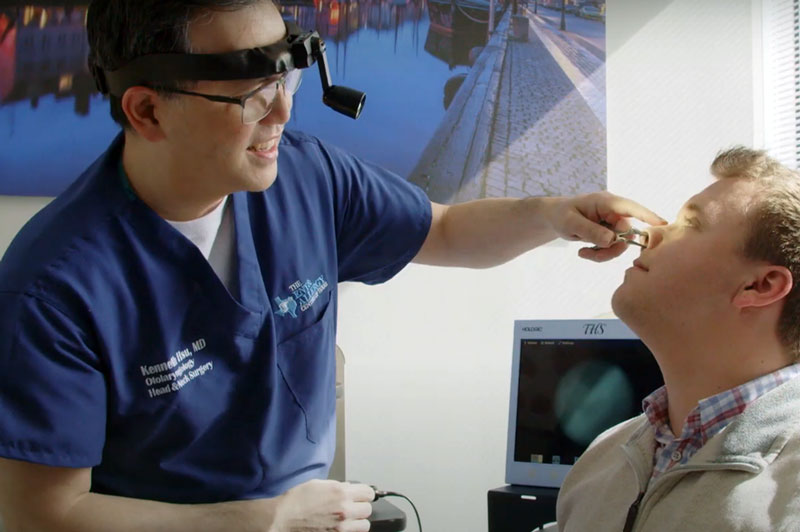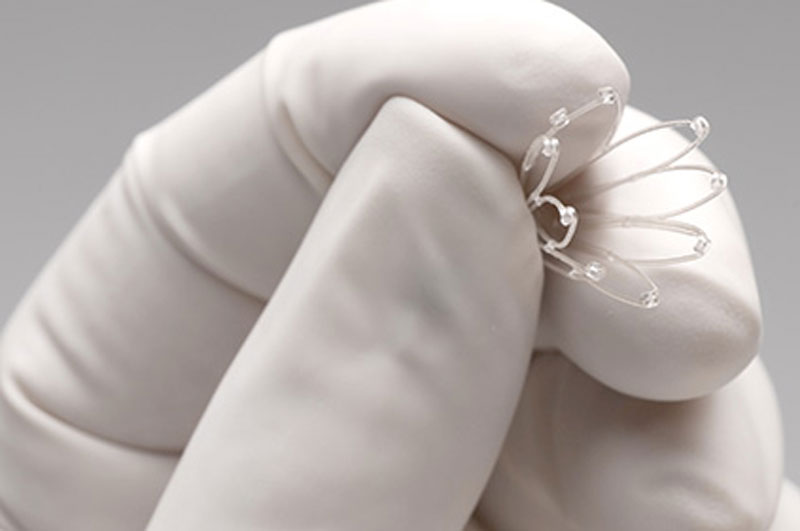What is Allergy Testing?
An allergy test helps determine what’s causing your symptoms, whether it’s pollen, pet dander, dust mites, or something else. If you’re constantly dealing with allergy flare-ups and wondering, “Where can I get an allergy test near me?”, we offer state-of-the-art testing at our Texas clinics.
Skin Prick Test
The skin prick test is a primary diagnostic tool for identifying allergens. This test involves pricking the skin with a small amount of the suspected allergen and observing for any reaction, such as redness or swelling, within 15-20 minutes. This method is highly effective and suitable for individuals aged five and older. The allergens tested typically include commonly inhaled substances like tree pollen, molds, grasses, weeds, and pet dander.
Intradermal Allergy Testing
Intradermal testing involves injecting a small amount of allergen under the skin, creating a small bubble similar to a tuberculosis test. This method is more sensitive than the skin prick test and is generally used for adults or children who can tolerate it. It helps identify allergic reactions with greater precision.
When Should I Get Allergy Tested?
Consider allergy testing if you frequently experience sneezing, itching, nasal congestion, or difficulty breathing. Allergy testing can be particularly beneficial if:
- Your symptoms persist despite over-the-counter treatments.
- You have asthma or other respiratory conditions exacerbated by allergies.
- You experience severe reactions to insect stings or certain foods.
- You are considering immunotherapy (allergy shots or drops).
What Are the Treatment Options for Allergies?
After diagnosing your allergies, our team will discuss various treatment options tailored to your needs. We offer two primary forms of immunotherapy: allergy shots and allergy drops.
Allergy Shots
Allergy shots, or subcutaneous immunotherapy (SCIT), involve regular injections of gradually increasing doses of the allergen. This method helps your immune system become less sensitive to the allergen over time, providing long-term relief from allergy symptoms.
If you’ve been searching for an allergy test near you because your allergies aren’t improving, shots might be a great long-term solution.
Allergy Drops
Allergy drops, known as sublingual immunotherapy (SLIT), involve placing drops of the allergen under your tongue. This method offers the same benefits as allergy shots but without injections, making it a convenient option for many patients.
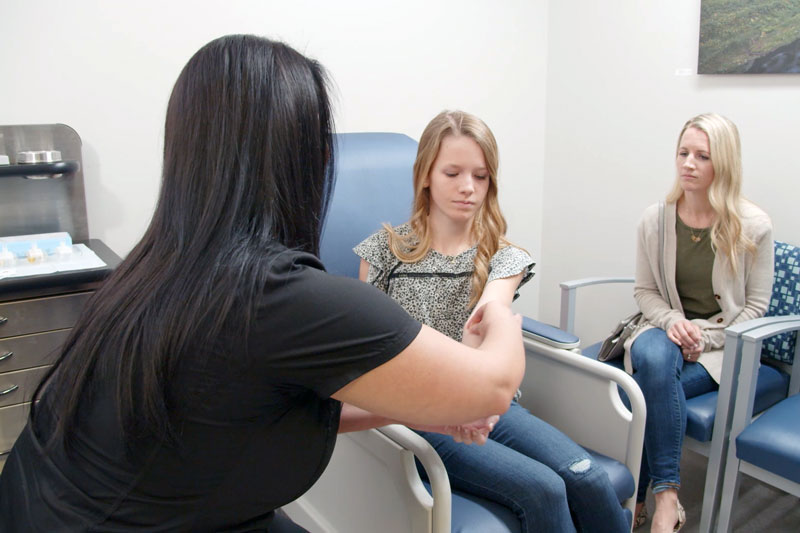
What Can I Expect at an Allergy Testing Appointment?
You will undergo a comprehensive evaluation during your initial visit with an allergy specialist at our clinic. This includes a detailed discussion of your medical history, family history, lifestyle, and symptoms. This information helps our clinical team understand the factors contributing to your allergic responses and tailor a treatment plan accordingly.
The Testing Process
Symptom Discussion: Share details about your symptoms’ frequency, triggers, and severity.
Testing Recommendation: Based on your symptoms, the doctor may recommend skin prick testing or intradermal testing.
Test Administration: Our trained nurses will administer the test; the results will be available in real-time.
Result Analysis: Understand your specific allergies, treatment options, and lifestyle adjustments to manage your condition.
How Often Should You Have Allergy Skin Testing Done?
Follow-up allergy skin testing is typically recommended every two years or as needed based on symptoms. These tests help assess the effectiveness of your treatment plan and adjust it if necessary to ensure ongoing relief from allergy symptoms.
Schedule a Consultation with Allergy Testing Specialist in Texas
If you’re searching for an allergy test near me, ENT & Allergy Centers of Texas has eight convenient locations where you can get tested. Our board-certified ENT doctors serve patients in:
- McKinney
- Frisco
- Plano
- Allen
- Carrollton
- Flower Mound
- Lewisville
- Celina
Book your allergy test near you today and take the first step toward lasting allergy relief.

